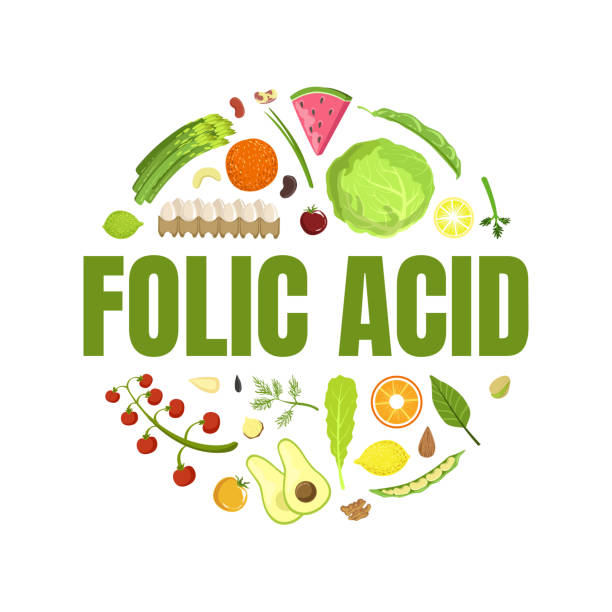
What is Folic acid?
Folic acid (or folate) is a vitamin B. Folium is the Latin word meaning leaf. folate is the name of a B vitamin. Folate is found naturally in foods, especially dark green leafy vegetables. Multivitamins and food fortified with folate contain folic acid, a synthetic form of the chemical. Scientists discovered the importance folate plays in preventing anemia around 70 years ago. Only recently have researchers discovered the connection between folate deficiency, certain birth defects, and anemia.
Why is folic Acid important?
Many people are familiar with the importance folic acid for women in their reproductive years. What’s the big deal? Folic acid intake can help reduce the risk of neural tube defects (NTDs). Folic acid is only beneficial if taken prior to pregnancy and in the first trimester.
What role does Folic acid play in preventing birth defects
The critical time of fetal development occurs in the first weeks of pregnancy. This is often before a woman even realizes she is pregnant.

The neural tube is one of the earliest structures that can be formed. The neural tube is a flat structure at first but it transforms into a tube within a month to become the brain or spinal cord.
This tube won’t close if it doesn’t have enough folic acid. The cells inside this structure can’t grow or function properly, and the tubes can’t shut down. Open or closed abnormalities can affect the spine, brain, and skull.
Anencephaly and spina bifida are two of the most common types. Spina bifida refers to a condition where a part of the spinal cord or surrounding structures grows outside the body. Anencephaly refers to a condition where the skull bones and brain do not form correctly, resulting in some brain parts being absent.
Research has shown that NTD risk is reduced when women consume more folic acid and eat a healthy diet, starting 1 month before conception and continuing for 2 to 3 months after giving birth.
Where can I get folic acid from?
Folate is found naturally in many foods like dark leafy green vegetables, legumes (dried bean and peas) and fruits (oranges bananas melons and most berries). It’s often not enough. The FDA requires that folic acid be added to enriched breads and breakfast cereals, pastas and rice to help women get the necessary amount.
Folate is essential for the development of a baby. It helps to create healthy cells and generate DNA and RNA (genetic materials). These are the building blocks of cells. Folate is also essential for the formation of normal red blood cells, and certain amino acids. These functions are vital during pregnancy and infancy. These are the times when cells divide rapidly and grow.
What amount of folic acid should women who are pregnant be consuming?
Supplements containing 400mcg of Folic Acid should be taken by women who are pregnant. Folic acid supplements can help lower your chances of getting pregnant. Some women may require additional folic acid. Talk to your doctor about the best amount.

